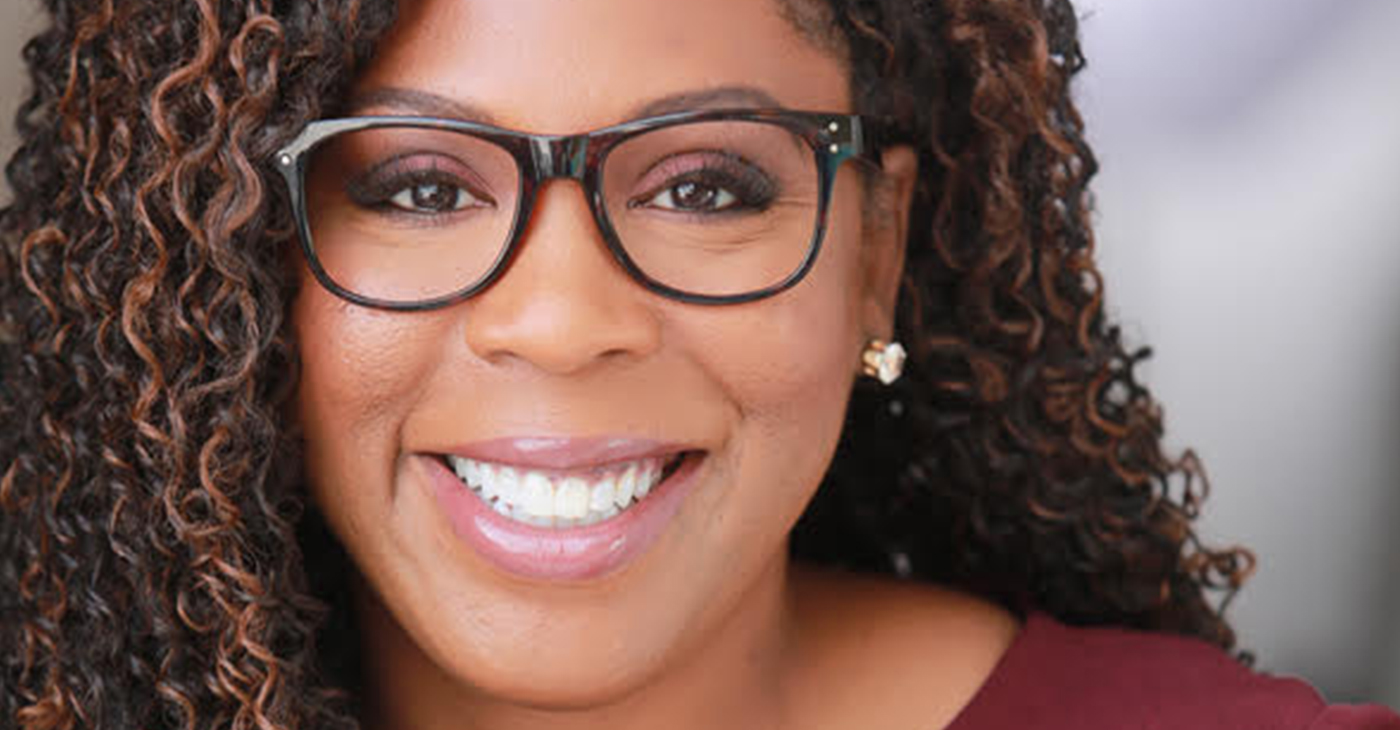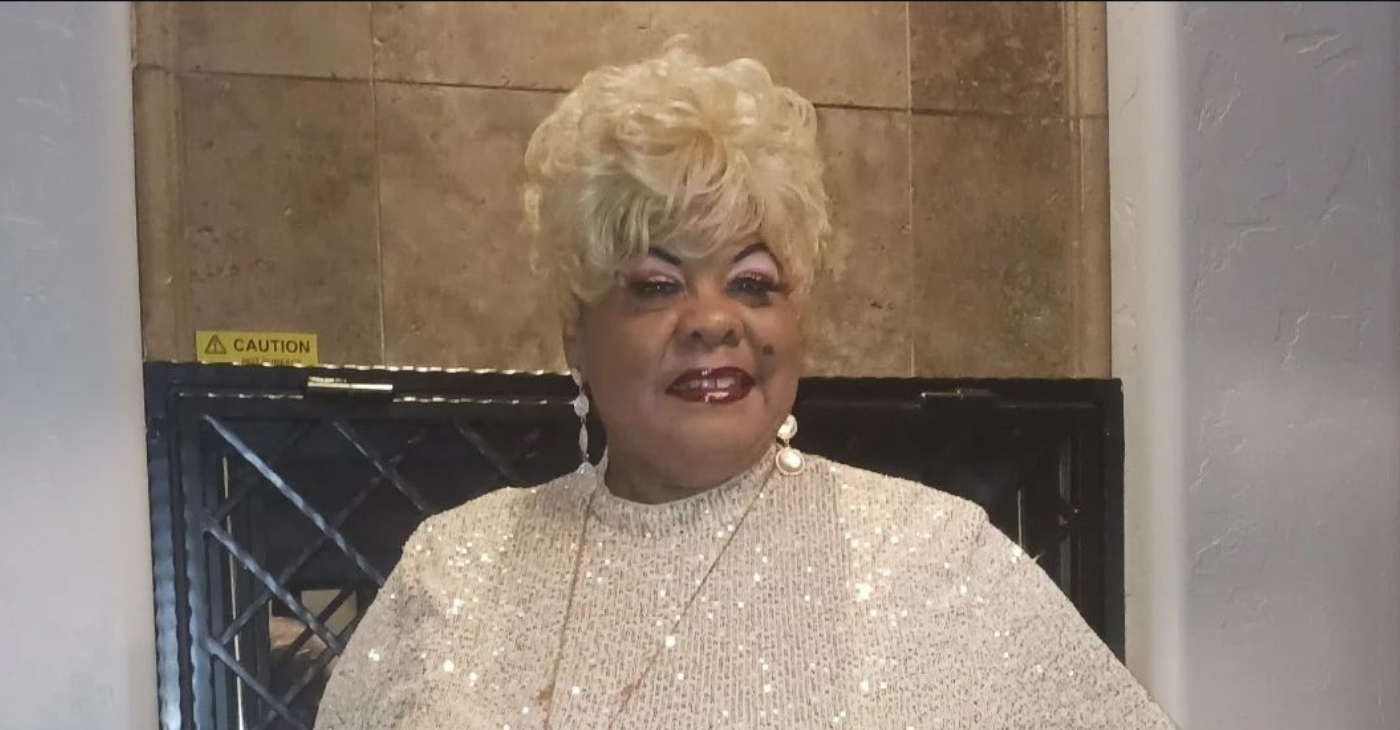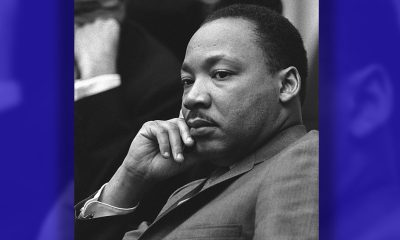Music
New Sardis Baptist Church Honors “Memphis Living Legends”
THE TENNESSEE TRIBUNE — On Sunday morning, Feb. 24, New Sardis Baptist Church invoked the spirit of African-American ancestry coupled with Afro-centric music.
By Wiley Henry
MEMPHIS, TN — On Sunday morning, Feb. 24, New Sardis Baptist Church invoked the spirit of African-American ancestry coupled with Afro-centric music and the unadulterated Word of God. This was the culmination of African-American History Month and the presentation of the church’s annual Memphis Living Legends program.
The morning worship service was devoted to the men and women whom the church honored and celebrated for blazing a path in their respective fields and making significant contributions in Memphis and beyond.
“We honor men and women who have made our society better,” said the Rev. Dr. L. LaSimba M. Gray Jr., New Sardis’ pastor emeritus and worship leader for the morning celebration.
Donning African attire, the church’s leadership team – headed by its pastor, the Rev. Darell Harrington – welcomed the 2019 Living Legends: State Rep. Karen Camper, Captain Albert T. Glenn, Dr. Howard Glenn, Bishop William Graves Sr., Estella Mayhue-Greer, Henry Hooper, Bobby O’Jay Jones, Clarence Jones, Jerry C. Johnson, John McFerren, Tajuan Stout-Mitchell, the Rev. Dr. Rosalyn R. Nichols, Rosetta Hicks Peterson, Dr. Larry Robinson, Mark Russell, Dr. Theresa James Shotwell, Madeleine C. Taylor and Fayth Hill Washington.
Jimmy Ogle, Shelby County’s historian and past chairman of the Shelby County Historical Commission, presented The Frances Wright Award. Wright was a 19th century Scottish-born abolitionist, social reformer, lecturer, freethinker and writer.
Honoring “living legends” was the brainchild of Dr. Erma L. Clanton, a playwright, lyricist, former teacher and member of New Sardis. The inaugural salute to living legends began in 2003 after Clanton, now 96, pitched the idea to Gray.
Celebrating black achievement in the U.S. first began in 1926 as Negro History Week – the precursor of Black History Month – founded by Carter G. Woodson, an historian, author, journalist and founder of the Association for the Study of African American Life and History.
Of course, James Weldon Johnson’s “Lift Ev’ry Voice and Sing,” known as the “Black National Anthem,” was integral to the program – as it is each year – and key to setting the tone for the morning.
“Everybody here today – black, white, blue or green – that’s your native land,” said Gray, referring to the continent of Africa. “Native land should be replaced with Africa because we all came from the continent.”
Harrington posed the question: “How does our history impact the relevance of our present?” and composed his message, “The Transformative Power of Truth,” from John 8:31-36.
Recognizing the history of black contributions throughout his sermon, Harrington referred to the passage in John when Jesus said to the Jews who believed Him, “If you abide in My word, you are My disciples indeed.” Then he added: “And you shall know the truth, and the truth shall make you free.”
“What does it mean in the 21st century to be free?” Harrington asked the congregation. He followed up with an answer to the question: “It should mean you ought to serve God.”
He said Black people have offered the world the best that the world has to offer and added, “It’s easy to forget one’s history. It’s easy to forget because we’ve become comfortable.”
Using as an example, he said, “It was illegal to write, but God made a way.”
Harrington continued to espouse the relevance and cultural significance of black pioneers and trailblazers, and undergirded the message with the importance of keeping God first.
“We celebrate black history,” he said. “But we have to celebrate a risen Savior.”
This article originally appeared in The Tennessee Tribune
Activism
Andre Thierry Explores Zydeco Music at Marin City Library
Grammy-nominated Andre Thierry leads the musical program with an interactive, engaging experience that combines traditional and newly composed music.

By Godfrey Lee
The “Are You Ready to Learn” music program allows children, families, and adults, to explore the rich Kreole culture and Zydeco music of southwestern Louisiana.
Grammy-nominated Andre Thierry leads the musical program with an interactive, engaging experience that combines traditional and newly composed music.
The program, created by Thierry, showcases a mix of African and Native American Blues and French Kreole dance melodies with elements of Afro-Caribbean music.
Children and families sing and dance while learning about popular Zydeco instruments like vest rub boards, drums, and accordion.
For information on the program, go to https://www.andrethierry.com
The free program will take place on Sunday, Feb. 9, at 1 p.m., at the Marin City Library, 164 Donahue St., in Marin City. For more information, call 415-332-6158.
Thierry will be performing again the Fairfax Library, 2097 Sir Francis Drake Blvd., Fairfax, on Saturday, Feb. 15, at 11 a.m. For more information, call 415-453-8092.
Activism
Opinion: When Hip-Hop Sold Its Soul for a Stack
The hypocrisy is staggering. Black hip-hop artists celebrating the election of Donald Trump is baffling. In Trump’s very first hours in office, he signed executive orders that directly harmed Black and Brown communities, including his pardoning of leaders from extremist groups like the Proud Boys and the Oath Keepers — organizations tied to White supremacist ideologies and violent white-power movements.

By Jasmyne Cannick
Once upon a time, hip-hop was the voice of the streets. It was a movement, a message, and a megaphone for Black empowerment and communal struggle. Born from block parties and sound systems in the Bronx, N.Y., it was raw, unfiltered, and unapologetically Black. It was a blueprint for survival. But somewhere along the way, the cipher got hijacked by the almighty dollar, and now we’re left wondering: when did hip-hop trade its soul for a stack?
They Caught the Vapors
Soulja Boy, Rick Ross, Nelly, and the Doggfather himself, Snoop. These are the same artists who once rode waves of Black creativity, who stood on the shoulders of a community that built them up, only to later moonwalk into Donald Trump’s inaugural events like it was a VIP lounge. And yes, Black people have every right to critique that.
The hypocrisy is staggering. These Black hip-hop artists celebrating the election of Donald Trump is baffling. In Trump’s very first hours in office, he signed executive orders that directly harmed Black and Brown communities, including his pardoning of leaders from extremist groups like the Proud Boys and the Oath Keepers — organizations tied to white supremacist ideologies and violent white-power movements.
Snoop Dogg’s decision to perform at a Trump-related event directly contradicts his outspoken criticism of Trump in 2017. Back then, he was vocal about rejecting Trump and everything he stood for, positioning himself as someone who wouldn’t sell out for any price. Fast forward to now, and his involvement in a Trump celebration feels like a complete 180, leaving fans questioning his authenticity and commitment to principles he once preached.
That’s why we’re upset.
The Crossover
We’ve seen this coming for a while now. The slow but steady shift of hip-hop from a movement to a money-making machine has been happening for decades. It was only a matter of time before we hit this embarrassing moment.
Let’s not sugarcoat it: Trump’s inauguration wasn’t some neutral gig. It was built on policies and rhetoric that harm Black and Brown communities. To stand on it as a Black artist, pocket the money, and then retreat to your mansion feels like the ultimate betrayal.
Rappers used to talk about surviving the struggle–now it’s all about thriving in excess. If it’s not sex or drugs, every other line brags about a Birkin bag, a private jet, or a stack of cash that’s apparently so heavy it’s a workout just to hold it.
The Message
Hip-hop is supposed to be bigger than flexing on the gram. It’s supposed to be about truth, resilience, and resistance. Those of us old enough to remember the history and evolution of hip-hop know this better than anyone. We remember when it was a lifeline, a mirror for the struggle, and a call to action, not just a showcase of wealth. But for younger generations, some of whom have only known hip-hop that is obsessed with money and status, it’s a different story.
So, yes, folks have every right to question when the moves don’t align with the culture. If we don’t hold hip hop accountable, who will?
About the Author
Jasmyne Cannick is based in Los Angeles and is an award-winning journalist and political commentator who writes to challenge, critique, and hold the culture accountable.
Arts and Culture
Promise Marks Performs Songs of Etta James in One-Woman Show, “A Sunday Kind of Love” at the Black Repertory Theater in Berkeley
“The (show) is a fictional story about a character named Etta, aka Lady Peaches,” said Marks. “She falls in love with Johnny Rhythm, leader of the Rhythm Players Band and headliners of Madam G’s Glitta Lounge.” Marks channeled the essence of Etta James, singing favorites such as “Sugar on the Floor” and “At Last.”

Special to the Post
It was “A Sunday Kind of Love” at the Black Repertory Group Theater in Berkeley on Saturday night, Dec. 7. The one-woman musical based on the music of Etta James featured the multi-talented singer Promise Marks
Marks, who wrote and directed the musical, also owns PM Productions.
“The (show) is a fictional story about a character named Etta, aka Lady Peaches,” said Marks. “She falls in love with Johnny Rhythm, leader of the Rhythm Players Band and headliners of Madam G’s Glitta Lounge.”
Marks channeled the essence of Etta James, singing favorites such as “Sugar on the Floor” and “At Last.”
In between her soulful songs, Marks narrated impactful moments of the love story and journey of blues and forgiveness.
Marks sultry voice carried the audience back to an era that echoed with the power of Black music and a time of great change.
Marks said James shared love for the Black community by singing at gatherings during the Civil Rights Movement uplifting the people.
“She spoke to the movement, spoke to the people, and let her music speak for itself,” Marks said.
Backing the musical’s monologues, images and videos of Etta James are projected for the audience to view. While the production is fictional, Marks infused script with the unfairness and heartbreak James experienced while performing.
Marks performed gospel artist Donnie McClurkin’s “We Fall Down” as she narrated acts of reconciliation and forgiveness among the characters at Johnny Rhythm’s deathbed.
Marks, who regularly sings for the Miss America Pageant, was asked to perform as Etta James last year. “(At the event) a lady yelled out to me: ‘You’re Etta James!’ And then the audience went crazy. I said to myself, ‘I may have something here,’” she said.
Within 12 months, Marks created the musical production, which featured a dozen songs honoring “the great legacy of Etta James,” she said.
Marks says she was saddened to see how Etta James was often judged by the struggles in her life and wanted to offer attendees a more layered view.
“Etta’s life was so big. I want people to know that she was more than her drug addiction,” said Marks. “We can’t make that her legacy. Her catalog is too amazing. You can’t just be that and have the catalog that she (created). I don’t want the addiction to be the focus: I want her music, her element, her sassiness, and what she brought to be the focus – her woman-ness, that she was strong, and I wanted to honor that.”
Set Designer Nora Burnette says she created the set segments to mirror James’ life story. A set designer for BRG since 2016, she explained that her process of researching the scenario and the character serve as her inspiration for her design.
“I try to design a set as close to real life as possible so that the actress can deliver the performance sincerely,” said Burnette. “By creating the right setting, it helps the actors release the true essence of a character.”
The set brought the story to life and absolutely floored Marks. “Once Promise (Marks) saw the actual set, she understood my vision: ‘Wow, you get me. You get it,'” Marks told the designer.
Born Jamesetta Hawkins, Etta James, began her career in 1954 and gained fame with hits such “At Last” and “I’d Rather Go Blind.” She faced a number of personal problems, before making a musical comeback in the late 1980s with the album “Seven Year Itch.”
Co-producer and BRG Development Director, Sean Vaughn Scott, works with Overseer Production. According to producer Pamela Spikes, “Marks talent truly does Etta’s life story justice.”
Pam Jacobs of Hercules, a friend of Marks’ mom, Jackie Smith, said, Marks “was fabulous and sang all of those songs flawlessly.”
“I’m so proud of my daughter,” said Smith.
Marks, who has served as an instructor for BRG, will return on Feb. 21- 23 for an encore run of the musical.
“It’s an honor to be a part of the BRG (Black Repertory Group) family and continue our executive director Dr. Mona Vaughn Scott’s vision for the Black Repertory Group theater,” said Marks.
The Black Repertory Group Theatre is located at 3201 Adeline St., Berkeley, CA 94703. For information, visit: BlackRepertoryGroup.com
-

 Activism4 weeks ago
Activism4 weeks agoAI Is Reshaping Black Healthcare: Promise, Peril, and the Push for Improved Results in California
-

 Activism4 weeks ago
Activism4 weeks agoBarbara Lee Accepts Victory With “Responsibility, Humility and Love”
-

 Activism4 weeks ago
Activism4 weeks agoESSAY: Technology and Medicine, a Primary Care Point of View
-

 Activism4 weeks ago
Activism4 weeks agoNewsom Fights Back as AmeriCorps Shutdown Threatens Vital Services in Black Communities
-

 Activism4 weeks ago
Activism4 weeks agoFaces Around the Bay: Author Karen Lewis Took the ‘Detour to Straight Street’
-

 Arts and Culture4 weeks ago
Arts and Culture4 weeks agoBOOK REVIEW: Love, Rita: An American Story of Sisterhood, Joy, Loss, and Legacy
-

 #NNPA BlackPress4 weeks ago
#NNPA BlackPress4 weeks agoThe RESISTANCE – FREEDOM NOW
-

 Alameda County4 weeks ago
Alameda County4 weeks agoOUSD Supt. Chief Kyla Johnson-Trammell to Step Down on July 1




















































